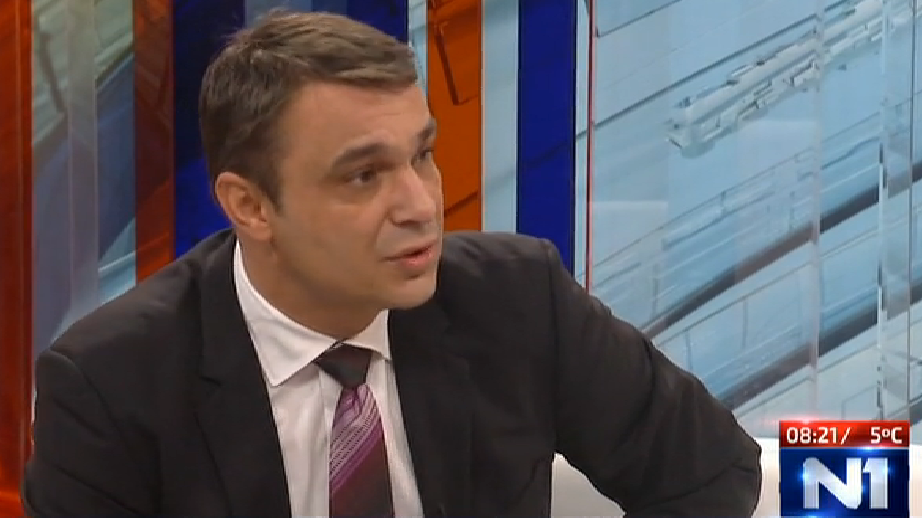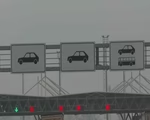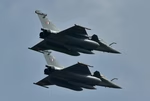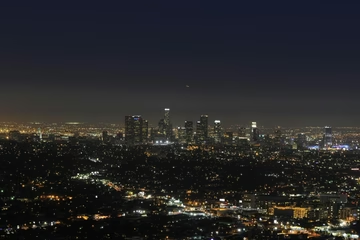
Discussion on the 1995 events in Srebrenica held before the Republika Srpska (RS) entity parliament on Tuesday triggered reactions among Bosniak representatives, who called on the RS authorities not to annul the report on Srebrenica 1995 events “for the sake of the Serb people.”
Former Head of Srebrenica Municipality, Camil Durakovic, called on delegates in the National Assembly of the RS, Bosnia's Serb-dominated part, not to annul the report of a commission on the July 1995 events in Srebrenica, saying that this document was one of the most important things someone did towards reconciliation in Bosnia and Herzegovina.
RS President, Milorad Dodik, initiated the RS National Assembly session the last month, demanding a discussion on the Information on the Report of the RS Government’s Commission on the Events in Srebrenica in July 1995. The report, adopted in 2004, contains among other information the lists of persons who were killed in that town in July 1995. The RS president then said the report should have been annulled a long time ago, to end the manipulation, which triggered severe reactions among Bosniaks.
“That is a fake report created to torture Serbs and change the nature of the war in Bosnia and Herzegovina”, Dodik added on Monday.
According to Dodik, the document was “tendentiously created” and that everything was done under the pressure of the international community’s High Representative Paddy Ashdown, who was serving in Bosnia when the said report was adopted, in 2004.
Bosniak representative strongly object the idea.
“I, as a Bosniak and someone who survived Srebrenica genocide, deem that the report is the farthest that one people or an official institution went towards the facing the truth. That's the most serious think someone did in our country towards the reconciliation,” Durakovic said adding, “Therefore, for the sake of the Serb people, I urge you, don't dismiss that.”
Member of the Parliament of Bosnia and Herzegovina, Sadik Ahmetovic, called on the Office of the High Representative (OHR), top international community's authority in Bosnia in charge of overseeing the civilian part of the Dayton Peace Accords (DP) which ended the 1992-95 Bosnian war, as well as the Bosnia's Presidency and the country's representatives in the Council of Europe to get actively involved in the problem that the victims and families of the Srebrenica genocide victims are facing today, which is, according to him, “a complete denial of genocide in the Podrinje region.”
“The Office of the High Representative should say if the pressure was exerted on the commission in 2004,” Ahmetovic said.
“This is the last phase of genocide. It is your duty and obligation as representatives of Bosnia and Heruegovina to do everything in your power for Srebrenica and the Podrinje region now when genocide is entering its final phase a full denial,” Ahmetovic stressed referring to Bosnia's representatives in the Council of Europe.
He also urged Bosniak member of the Bosnia's tripartite Presidency, Bakir Izetbegovic, to use all legal means to diminish the detriment of the decision the RS National Assembly might pass today.
Bosnian Serb forces overran the eastern Bosnian enclave of Srebrenica on July 11, 1995, rounding up the town’s Muslim Bosniaks, separating men from women and little children, and systematically executing some 8,000 men and boys.
Two international courts, the International Criminal Tribunal for the Former Yugoslavia (ICTY) and the International Court of Justice (ICJ) ruled that this massacre was an act of genocide.
International and regional courts sentenced 45 persons for what had happened in Srebrenica to a total of more than 700 years in prison.
Kakvo je tvoje mišljenje o ovome?
Učestvuj u diskusiji ili pročitaj komentare





 Srbija
Srbija
 Hrvatska
Hrvatska
 Slovenija
Slovenija



























































